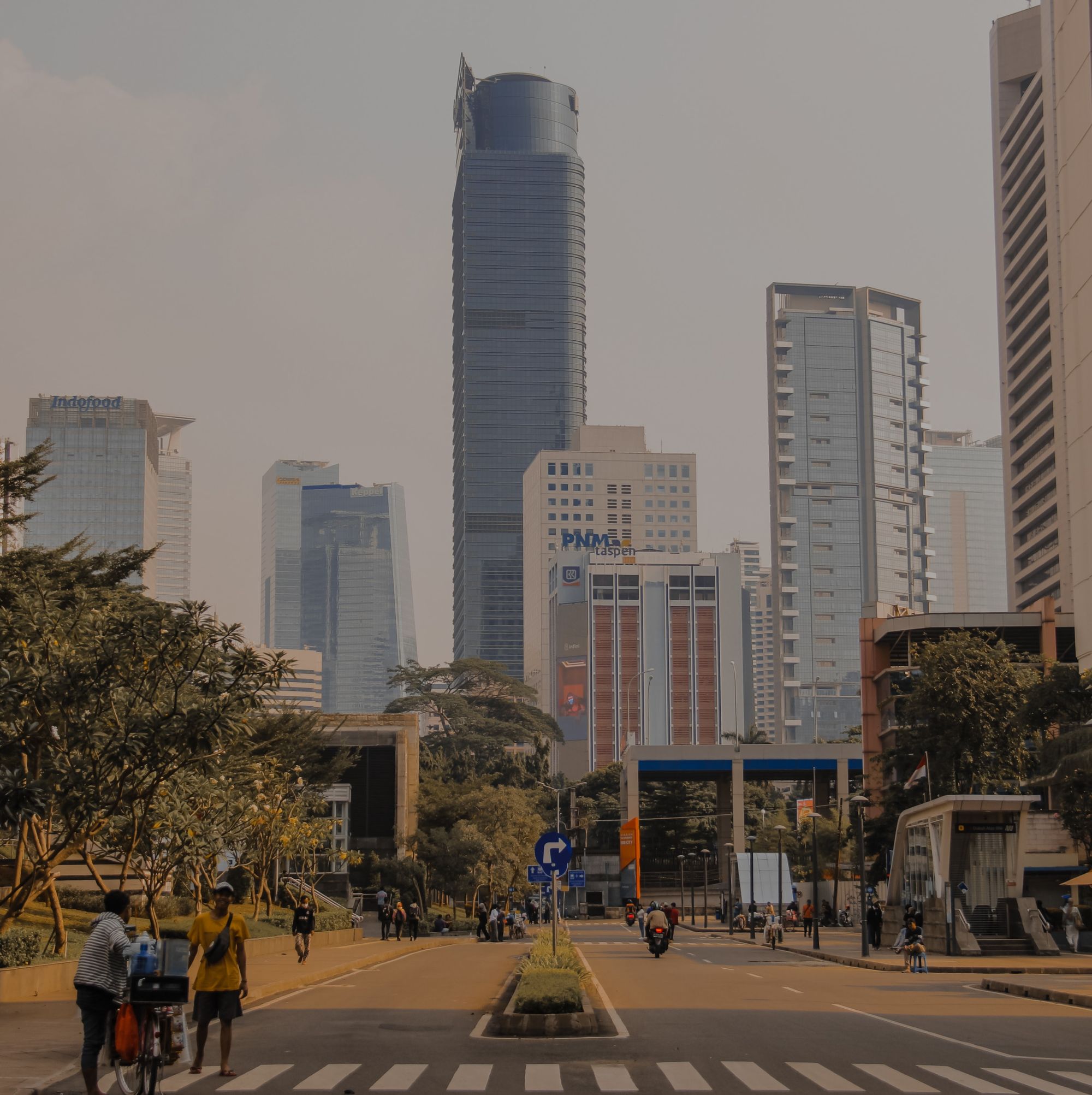The full country report for Indonesia is the latest addition to the Lex-Atlas: Covid-19 project, and the Oxford Compendium of National Legal Responses to Covid-19, authored by Linda Yanti Sulistiawati and Ibrahim Hanif. It provides significant insight into the Indonesian Government’s response to Covid-19. This blog post sets out a number of notable features of the report and of the Indonesian response to Covid-19.
As in many states, the executive branch of government took a leading role in the Indonesian response to Covid-19. However, the role of Parliament in Indonesia and its oversight over executive conduct was unusually limited. The report demonstrates that the response to the pandemic was primarily affected by the Covid-19 Management and National Economy Revitalization Task Force (“Covid-19 Task Force”) (Komite Penanganan Covid dan Pemulihan Ekonomi Nasional) which itself was set up through government regulation. Many of the regulations were made under the Contagious Diseases Law, the Health Quarantine Law and the Regional Government Law, and regulations pursuant to these Acts were not subject to legislative approval, nor other forms of parliamentary checks and balances. The authors of the report suggest the general lack of parliamentary scrutiny may have been augmented by the fact that the Government entered the pandemic with a supermajority coalition in Parliament, and so there were very close links between the executive and legislature.
The Indonesia report also presents an interesting picture regarding access to justice during the pandemic. An e-court system was set up in Indonesia prior to the pandemic which allowed for the transferral of some court proceedings to an online forum. However, in 2018, (the year it was set up) it only handled 445 out of 5,573,114 general court cases. Demand for online court services inevitably increased in 2020 at the start of the pandemic. While the report demonstrates that there was some increase in caseload of the e-courts in 2020, it also shows that the total number of cases handled in 2020 was close to half that in 2019. The authors note that the “efficacy and ability [of the e-court system] to handle the vastly increased online caseload due to the pandemic is lacking” (para 45).
It is clear from Part V of the report that, under its powers in terms of the Covid-19 Financial Policy Act, the Indonesian Government shouldered a great financial burden due to the pandemic. Tax relief policies, economic support for employers and employees, financial support for the national health insurance service, and proliferation of different programmes for social assistance all constitute examples of the shifts in spending priorities brought about by the pandemic. The effect of these shifts, particularly in a middle-income country such as Indonesia, may well have long term consequences. Such shifts may open the door to a greater wealth and prosperity disparity between densely populated, middle-income countries like Indonesia and those in the developed world.
TWEET
